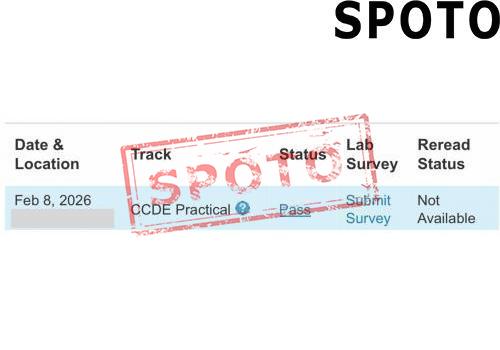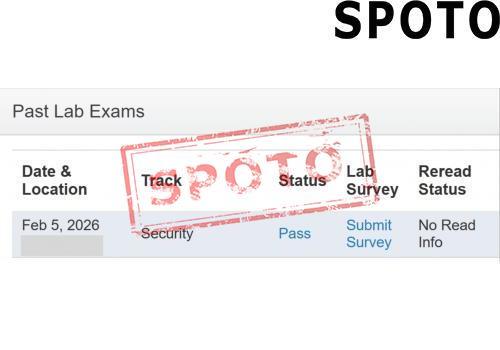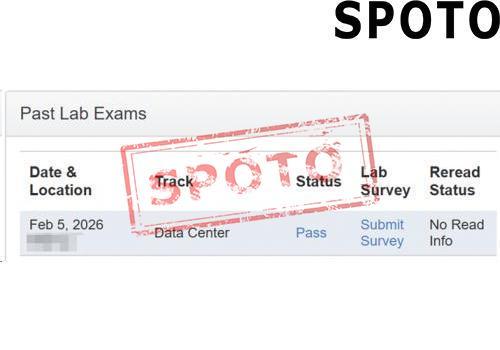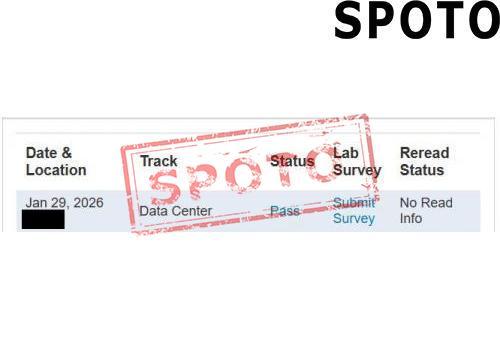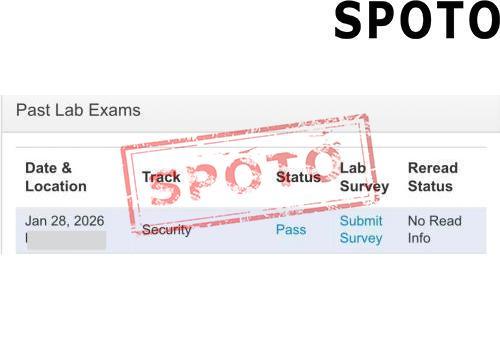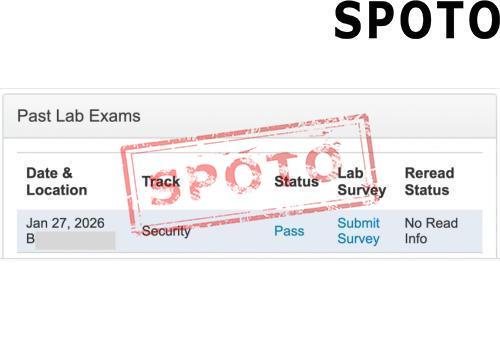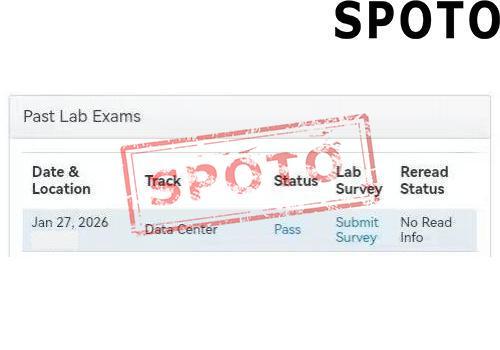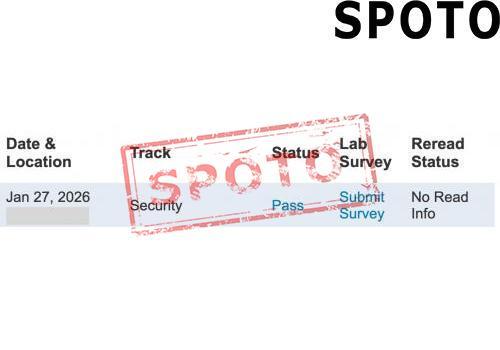
Table of Contents
1. What is a SOC Analyst?
A SOC Analyst (Security Operations Center Analyst) is a cybersecurity professional whose primary responsibility is to monitor, detect, analyze, and respond to security incidents in an organization. SOC analysts are responsible for discovering and responding to potential cyberattacks and data breach threats.
2. What does a SOC Analyst do?
SOC analysts play a vital role in the cybersecurity of an organization. First, they continuously analyze log data from various devices and systems, including endpoints (such as laptops, mobile phones, IoT devices) and network resources (such as routers, firewalls, IDS, applications, and email gateways) through active monitoring to identify potential threats. This threat monitoring process is usually also supported by artificial intelligence tools and the cooperation of other IT departments (such as the service desk). Secondly, in addition to threat detection, SOC is also responsible for incident response and recovery. After a security incident occurs, resources are quickly organized to deal with it, mitigate the impact and maintain the operation of the organization, such as responding to emergencies such as malware or ransomware attacks. The SOC team also needs to carry out vulnerability repair work based on log and intelligence data, and make recommendations such as network segmentation, security policy optimization, or system patches to continuously improve the overall defense capabilities of the organization. In addition, compliance management is also an important responsibility of SOC. They help enterprises meet the requirements of international security standards such as ISO 27001, NIST CSF, and GDPR. Finally, SOC members integrate information resources from multiple parties to build a global perspective on network activities, promote the organization to form a clear security narrative, and further guide the development of future cybersecurity strategies and policies.
3. Career Insights: Salary, Outlook & Related Roles
(1) SOC Analyst Salary
According to data from Indeed on May 3, 2026, the average annual salary for social analysts in the United States is $94,755
(2) Job Outlook of SOC Analyst
Although the U.S. Bureau of Labor has not conducted a specific analysis of the Job Outlook of SOC Analyst, the similar job outlook for information security analysts can provide a reference for this. From 2023 to 2033, the number of information security analysts is expected to grow by 33%, which is much faster than the average growth rate for all occupations. It is expected that there will be an average of 17,300 vacancies per year for information security analyst positions over the next decade. Many of these vacancies are expected to be filled by those who change careers or exit the labor market (such as retirement).
(3) Similar Occupations
- Cybersecurity Analyst
- Information Security Analyst
- Incident Response Analyst / Specialist
- Threat Intelligence Analyst
- Security Engineer
- Network Security Analyst
- Digital Forensics Analyst
- Penetration Tester (Ethical Hacker)
- Compliance Analyst / GRC Specialist
4. What Are the Qualifications to Become a SOC Analyst?
(1) Obtain a Bachelor's Degree
To become a SOC analyst, you usually need a bachelor's degree in computer science, cybersecurity, information technology, or computer engineering, among which computer science is the most common and most popular major among employers.
(2) Develop professional skills
To become a qualified SOC analyst, you need to have many technical capabilities. First, you need to be able to understand the behavioral characteristics of terminal devices (such as servers, workstations, and mobile devices) and how they may be controlled or exploited. This knowledge can usually be obtained through basic certifications such as CompTIA A+.
Secondly, you need to master the communication protocols in network and cloud environments and how they are abused, and understand the operating mechanisms of various resources in traditional IT architectures and cloud platforms. Relevant certifications include CompTIA Network+, Cloud+, Linux+, and Server+. In terms of security incident analysis, it is also very important to have the actual ability to identify system vulnerabilities and attack behaviors. CompTIA Security+ is an important certification for entry. Further ability requirements include analyzing the tactics, techniques, and procedures (TTPs) of attackers, and identifying intrusion indicators (IoCs), which helps to accurately determine the source and means of threats. To this end, you can take more advanced certifications such as CySA+ or PenTest+.
Finally, SOC analysts also need to have the ability to track the entire attack path, understand the various actions taken by attackers throughout the intrusion process, and be familiar with mainstream attack analysis frameworks such as Cyber Kill Chain, MITRE ATT\&CK, and the Diamond Model, so as to respond to security threats more systematically. Through the systematic training and certification accumulation of these skills, professional competitiveness in the field of network security can be significantly improved.
(3) Earn Industry Certifications
When applying for infrastructure engineer positions, it is helpful to obtain certain certifications as they can help you develop the key skills and knowledge required for the position and make your resume more noticeable to employers.Some employers prefer to hire candidates with experience in sales or a related technical field, such as IT or computer science.
CCIE Security certification demonstrates your mastery of planning, design, deployment, operation, and optimization of complex enterprise security network solutions. With the Cisco Certified Internetwork Expert (CCIE) Security certification, you can boost your career as a security architect.
